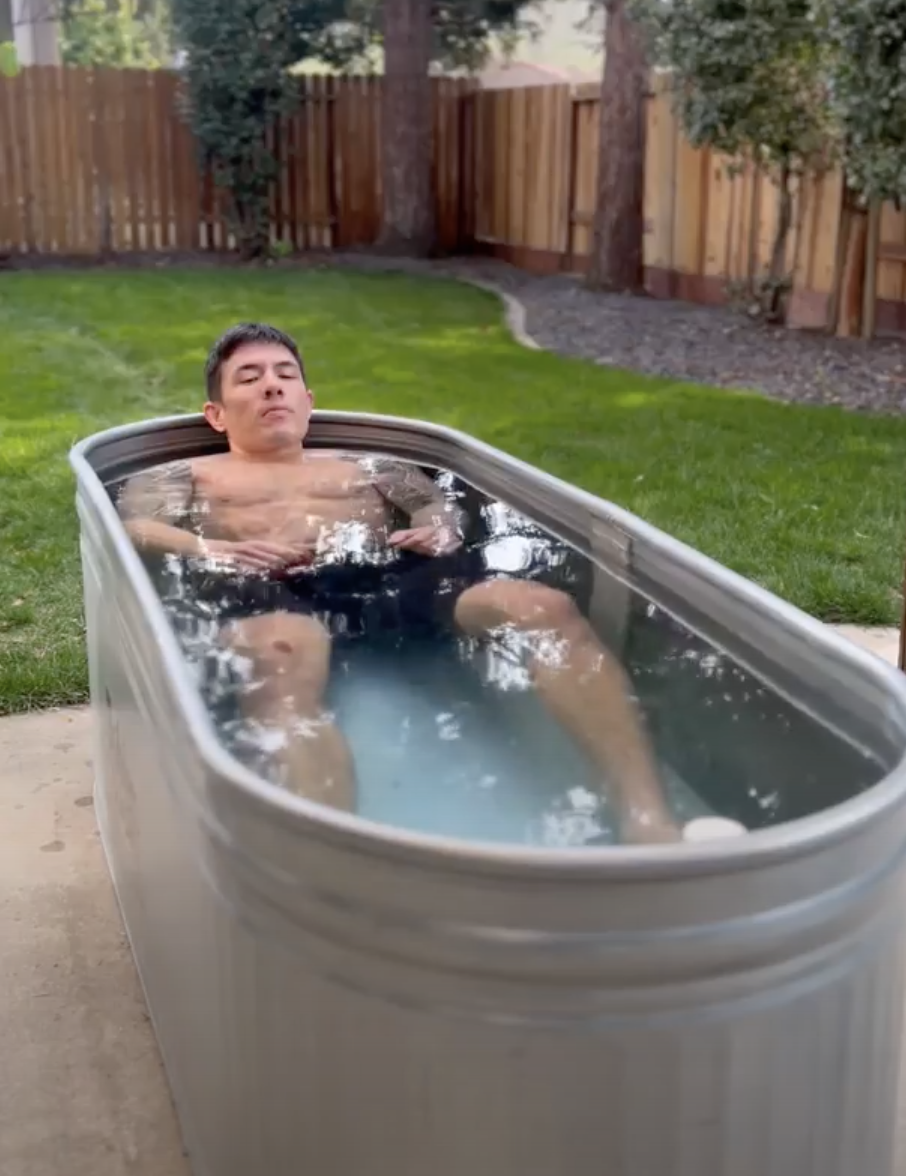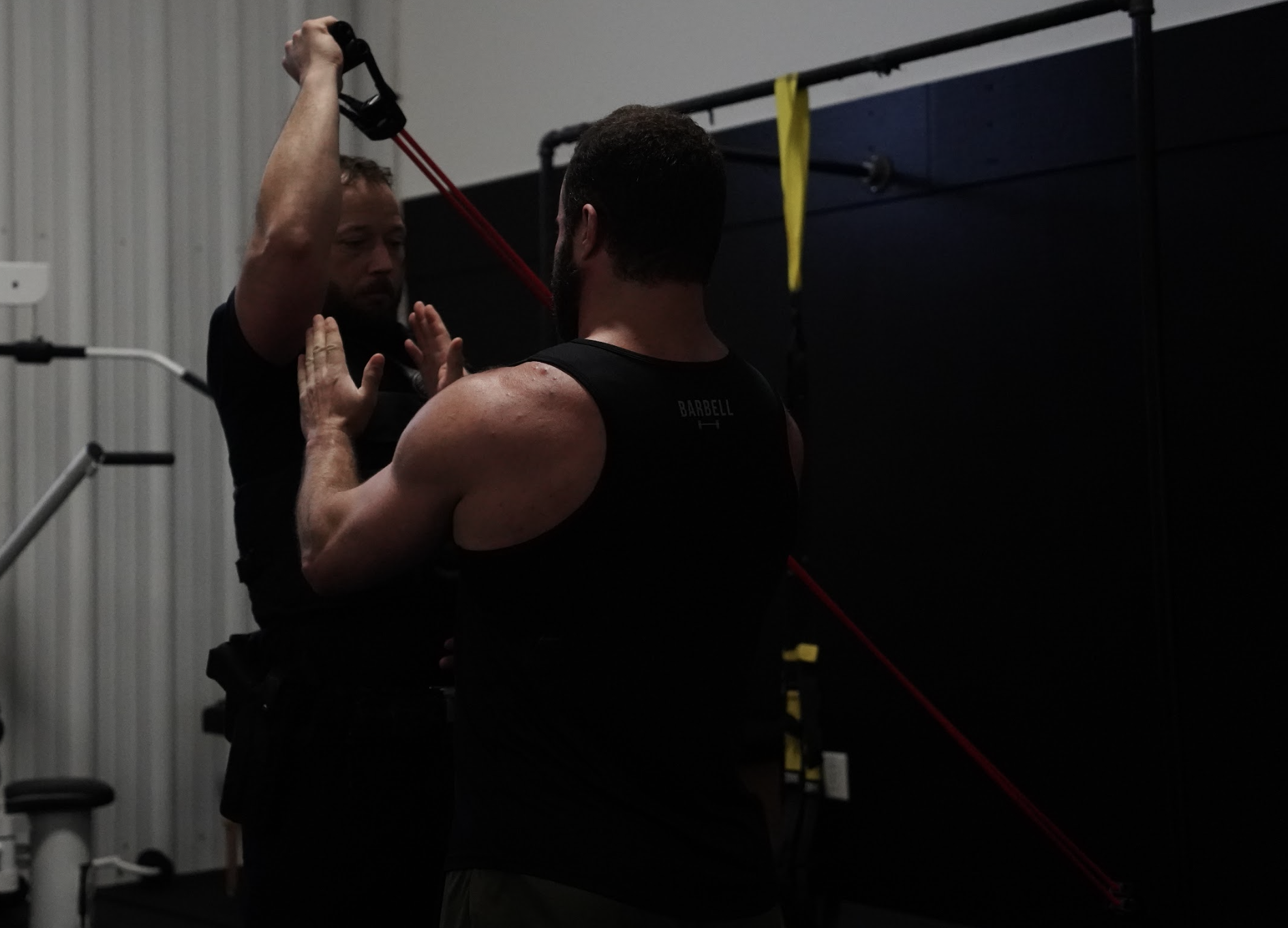Befriend Stress & Rethink Negativity - A Mindset Hack for LEOs
Apr 03, 2023
One of my favorite TED TALKS of all times is Kelly McGonigal’s “How to Make Stress Your Friend”. I first watched it during a training class I attended in 2016, and have since shown it nearly 100 times when I train others.
Kelly McGonigal is a health psychologist at Stanford University. She challenges the notion that stress is bad and provides her research findings that prove stress can actually be good for us and why we need to get better at stress.
Most of us view our stress as negative.
While it is true chronic stress can be a contributing factor to chronic inflammation, endocrine and immune dysfunction, and disease, her research shows when you change your mind about stress, you change your body’s response to it.
If we change our perspective about our stress, that can change our physiological response to stress. One example she provides is to consider viewing your increased heart rate or respiration rate during moments of stress as your body’s way of preparing you for a challenge instead of a threat.
When our stress response is activated, a flood of hormones are released into the blood stream. We know the common ones, adrenaline and cortisol. But Kelly tells us about one that isn’t as common; oxytocin. This hormone is beneficial in a number of ways.
[Free Download} Mental Resilience Tactics for LE
Kelly discusses research to illustrate the point further: When told stress can be helpful, participants in a study showed that their blood vessels stayed relaxed instead of constricted. Given that the average age for heart attack in law enforcement officers is 46.5, this small piece of information and perspective shift becomes even more crucial. While many reading this may not be close to this age, if you compare this number to the general population, the average age for heart attack is 65. A number of lifestyle factors contribute to this grim statistic, and unmanaged stress is one of them.
View this post on Instagram
The hormone oxytocin is our body’s innate way of strengthening close relationships, encourages us to seek support, and reach out to others during times of stress. Instead of repressing this natural response try talking to a peer, therapist, family member, or any trusted person in your life. This finding calls out the long-held belief in our culture that suppression equals strength. Understanding the biology of stress is the first step in shifting our view of our stress and how we can make stress work in our favor. Oxytocin can act as an anti-inflammatory, regenerates heart cells, and increases our stress resilience.
This research also confirms the importance of peer support. In 2018 the National Fraternal Order of Police (FOP) surveyed over 8,000 law enforcement officers from across the nation on issues surrounding mental health. 73% of those surveyed viewed peer support as the most helpful resource, but 90% report stigma as a barrier to seeking treatment.
Whether you access a formal peer support program at your agency or access your own trusted resource, it’s important to “reach out when you tweek out”. In doing so, you complete the cycle of stress which does your body and mind a great service.

One more mindset hack I’d like to share has to do with research around negative thoughts.
Just as viewing our stress differently can change our body’s response to it, we also have influence over our negative thoughts.
Most of us have approximately 80,000 thoughts per day; most of which are negative.
A study led by Christine Porath of Georgetown suggested thoughts spoken aloud hold far more impact than those left unsaid. She found positive thoughts spoken aloud carry ten times more power than those left unsaid, but more surprising was the strength of negative thoughts.
When we choose to speak negative thoughts aloud, we are increasing the probability of an outcome different from what we want by nearly 40–70%.
[Free Download} Mental Resilience Tactics for LE
We will never eliminate stress or negative thoughts, but these mindset hacks can help to manage the degree to which they impact you.
Remember, how you view your stress matters and be mindful of how often you verbalize your negative thoughts.


